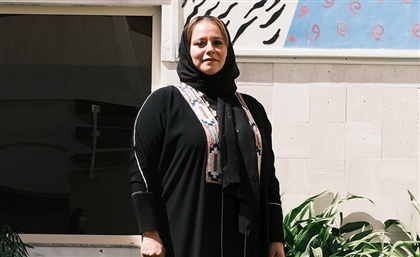Rare Genetic Disorder Identified in Saudi Arabia for First Time
Saudi researchers from Qassim University identified Bethlem Myopathy, a rare genetic disorder. The scientific discovery sheds light on the genetic implications of consanguineous marriages.

A team of Saudi researchers at Qassim University has identified a rare disorder, Bethlem Myopathy, for the first time in the Arab world. The disorder was discovered in a Saudi child who had previously been misdiagnosed with Duchenne muscular dystrophy, highlighting the challenge of distinguishing between similar genetic muscle conditions.
The research, led by Dr. Haitham Al Dhari, an assistant professor of Medical Genetics at the university, initially focused on Duchenne muscular dystrophy. However, after investigating a local family, the team found that one of the children showed symptoms of muscle weakness, difficulty moving and delayed physical development, prompting a deeper study of the family's genetic history.
After conducting genetic tests locally, it was confirmed that the child’s condition was caused by a mutation in the COL6A2 gene, which leads to Bethlem Myopathy. Unlike Duchenne muscular dystrophy, Bethlem Myopathy is a much rarer disorder with an inheritance pattern that can be dominant or recessive. In this case, the disorder was inherited in a recessive manner, a pattern commonly associated with consanguineous marriages, which are prevalent in the region.
This discovery underscores the genetic risks associated with such marriages and emphasises the importance of genetic testing, especially for rare disorders.
- Previous Article Italian-Palestinian Duo No Input Debuts Eponymous Electro EP
- Next Article A Century of Hospitality: Discover Egypt's Historical Hotels
Trending This Week
-
Dec 27, 2025



























